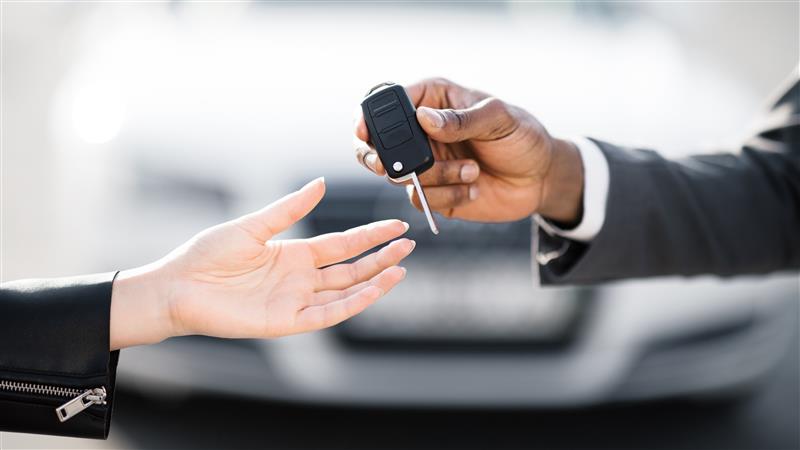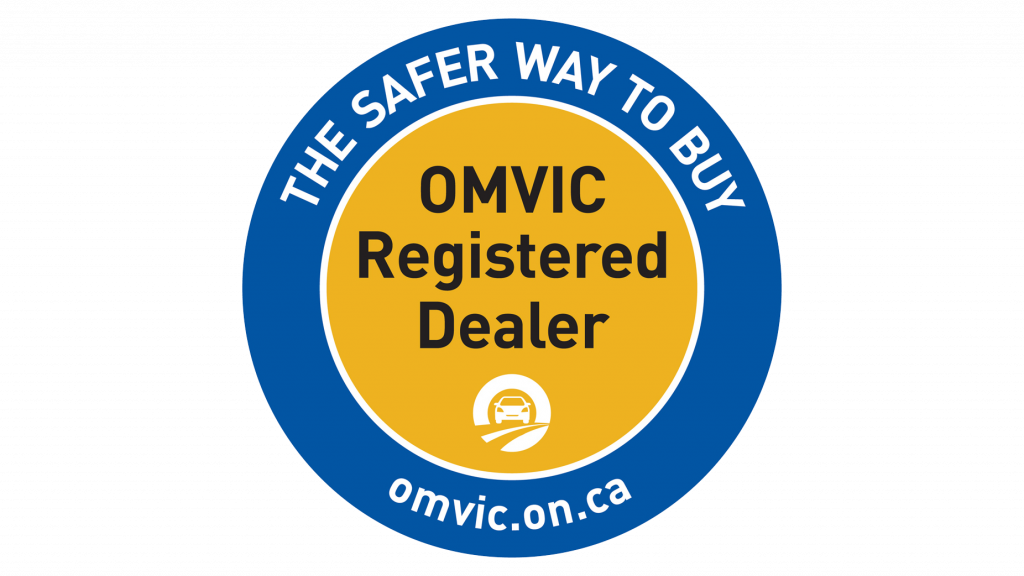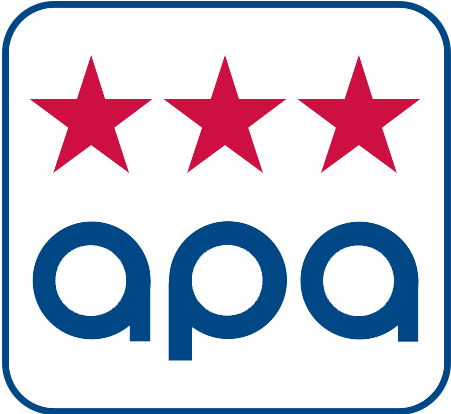Buying a vehicle in Ontario is a big investment, and understanding liens is crucial to protecting that investment. A lien can have serious financial consequences for buyers, especially if they purchase a vehicle privately. Here’s what you need to know about liens, how they impact vehicle ownership, and tips to avoid costly mistakes.
What is a Lien on a Vehicle?
A lien is a legal claim placed on a vehicle by a lender or creditor as security for an unpaid debt. If the previous owner took out a loan to finance the vehicle or used it as collateral for another debt, a lien may be registered against it. Until the debt of the lien is paid off, the creditor has a legal right to seize the vehicle if payments are missed.
Buying from a Registered Dealer
When you purchase a vehicle from an OMVIC registered dealer in Ontario, you are protected by the Motor Vehicle Dealers Act (MVDA). Under this law, dealers are legally required to ensure that vehicles are free of liens. If you buy a vehicle from a registered dealer and later discover there is a lien on it, contact OMVIC’s Complaints and Inquiries department.


What You Should Do:
- Conduct a lien search: Confirm the vehicle is free of liens by running a lien search through ServiceOntario or use a service like Carfax Canada to check for liens on the vehicle.
- Obtain documentation: Obtain a letter of release from the lien holder.
Buying from a Private Seller
Buying a vehicle privately is riskier because private sellers are not bound by the same laws as OMVIC registered dealers. If you buy a vehicle with an outstanding lien from a private seller, you may be responsible for paying off the debt, and the lender could repossess the vehicle if the debt isn’t paid.
What You Should Do:
- Conduct a Lien Search: Before you buy, run a lien search through ServiceOntario or use a service like Carfax Canada to check for liens on the vehicle.
- Get Written Proof of Loan Payoff: If the seller claims the loan is paid, ask for a written confirmation from the lender.
- Be Cautious of Suspicious Deals: If a deal seems too good to be true, it might be. Curbsiders (illegal sellers posing as private sellers) often sell vehicles with liens.
What Happens If You Buy a Vehicle with a Lien?
If you discover a lien after the purchase:
- From an OMVIC registered dealer: Contact the dealer right away. If the issue isn’t resolved, file a complaint with OMVIC.
- From a private seller: You may be responsible for the debt. Contact the lender listed on the lien to discuss your options, but in many cases, you’ll have to pay the amount owing or risk losing the vehicle.
Top Tips to Protect Yourself
- Buy from an OMVIC Registered Dealer: It offers the most protection, as dealers must sell vehicles free of liens. Illegal, unregistered sellers, known as curbsiders, often sell vehicles with hidden liens. Look for red flags like vague answers, reluctance to meet at a home address, or a lack of proper paperwork.
- Do a Lien Search Before Buying Privately: This small step could save you thousands of dollars.
- Get it in Writing: If a seller claims there are no liens, get it in writing. For registered dealers, the bill of sale serves as proof.
- Know Your Rights: An OMVIC registered dealer is responsible for ensuring all liens are cleared before selling a vehicle.
Bottom Line
A lien on a vehicle can become your problem if you’re not careful, especially when buying privately. The safest option is to purchase from an OMVIC registered dealer, as they are required to sell lien-free vehicles. If you choose to buy privately, take steps to protect yourself by conducting a lien search and avoiding curbsiders. Remember, knowledge is your best protection.
For more information on vehicle liens, consumer rights, and how to avoid scams, visit OMVIC.ca.
